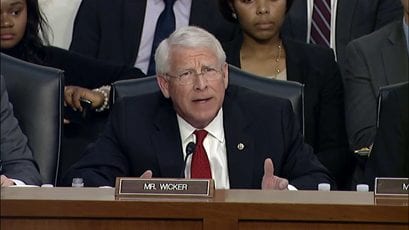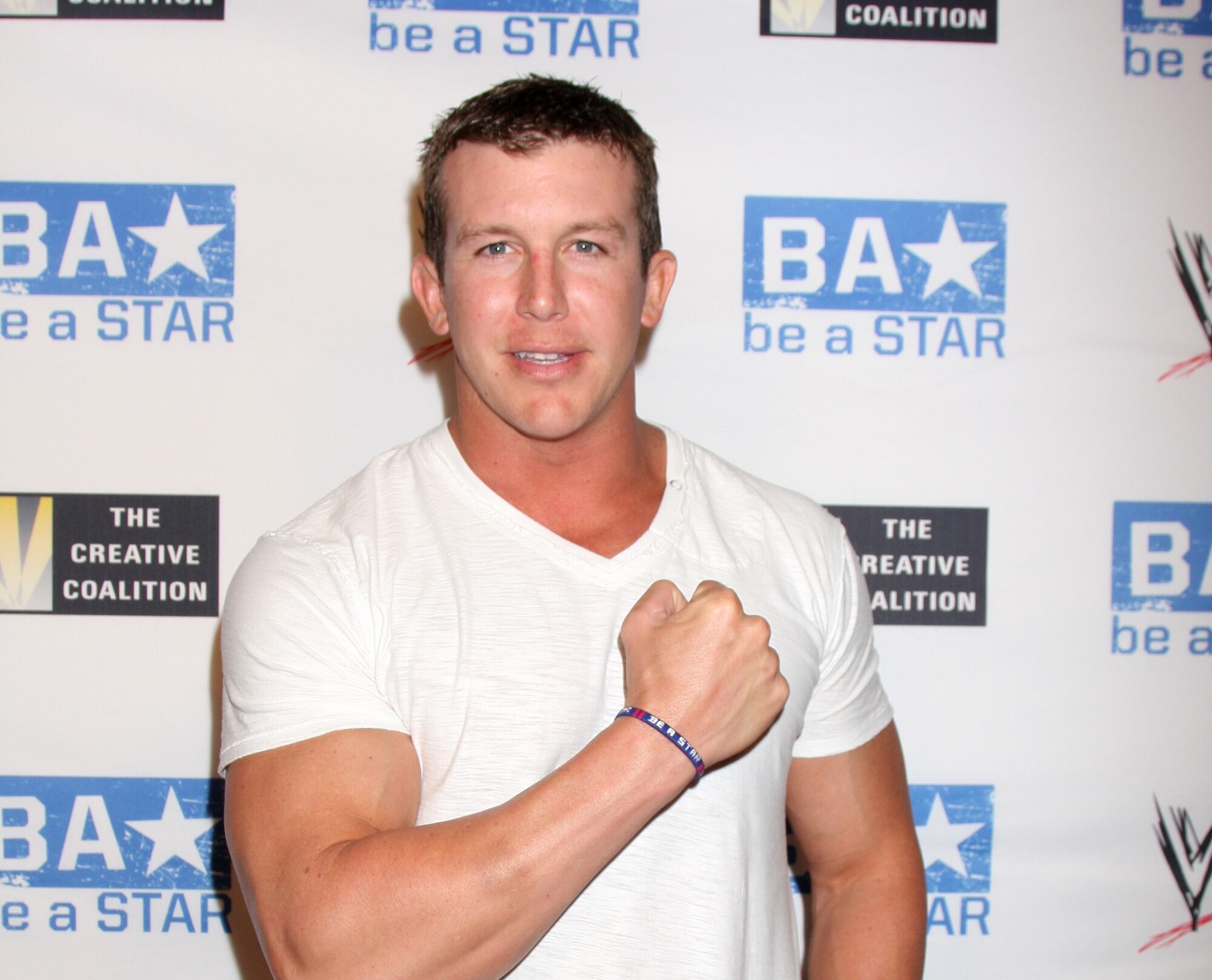
Miss. Senator Questions Mississippi Farm Bureau President During Committee Hearing
U.S. Senator Roger Wicker, R-Miss., today participated in a Committee on Environment and Public Works hearing on successful state conservation, recovery, and management of wildlife. Mississippi Farm Bureau Federation President Mike McCormick was among the panelists at the hearing.
Wicker asked McCormick a series of questions to highlight Mississippi’s successful conservation programs and the advantages of managing these efforts at the state and local levels rather than subjecting states to federal mandates.
McCormick shared with the committee the history of the Mississippi Honeybee Stewardship Program, which has become a national model as the population of honeybees has declined over the last 50 years. This program brought together various stakeholders, including farmers and beekeepers, to develop solutions without broad federal regulations.
“The bottom line is that it is a voluntary program with consensus among the parties – and it has been successful,” Wicker added.
“It has been highly successful and adopted across the U.S. as the best voluntary program to get beekeepers and farmers working collaboratively together,” McCormick agreed.
Wicker then turned to the issue of the Louisiana Black Bear, which was once threatened but is now thriving again in Mississippi. In 2016, the bear was removed from the endangered species list. “We also have a right to be proud of the fact that we have been able to delist the Louisiana Black Bear,” Wicker said.
McCormick agreed saying, “A lot of the work we’ve done as farmers, creating and maintaining the habitat for the black bears, has been crucial in delisting them.”
Finally, Wicker raised the issue of the double-crested cormorant, which is legally protected under the “Migratory Bird Treaty Act” but considered a pest by many Mississippi catfish farmers. Wicker asked McCormick if Mississippi was better prepared to address this issue than a federal bureaucrat.
“Very clearly, Senator,” McCormick responded. “The state has the resources to have the biologists and wildlife officials out on the farm. They can get there quicker, and they can determine the problem and the solution a lot faster from a state-basis than from a federal-basis.”
Other witnesses at today’s hearing included:
- John Kennedy, Deputy Director, Wyoming Game and Fish Department; and
- Cindy Dohner, Former Regional Director, U.S. Fish and Wildlife Services.
Senator Roger Wicker Press Release
10/11/2018











